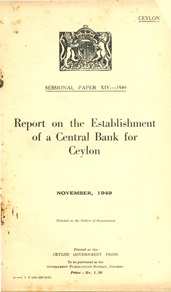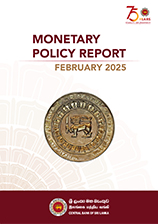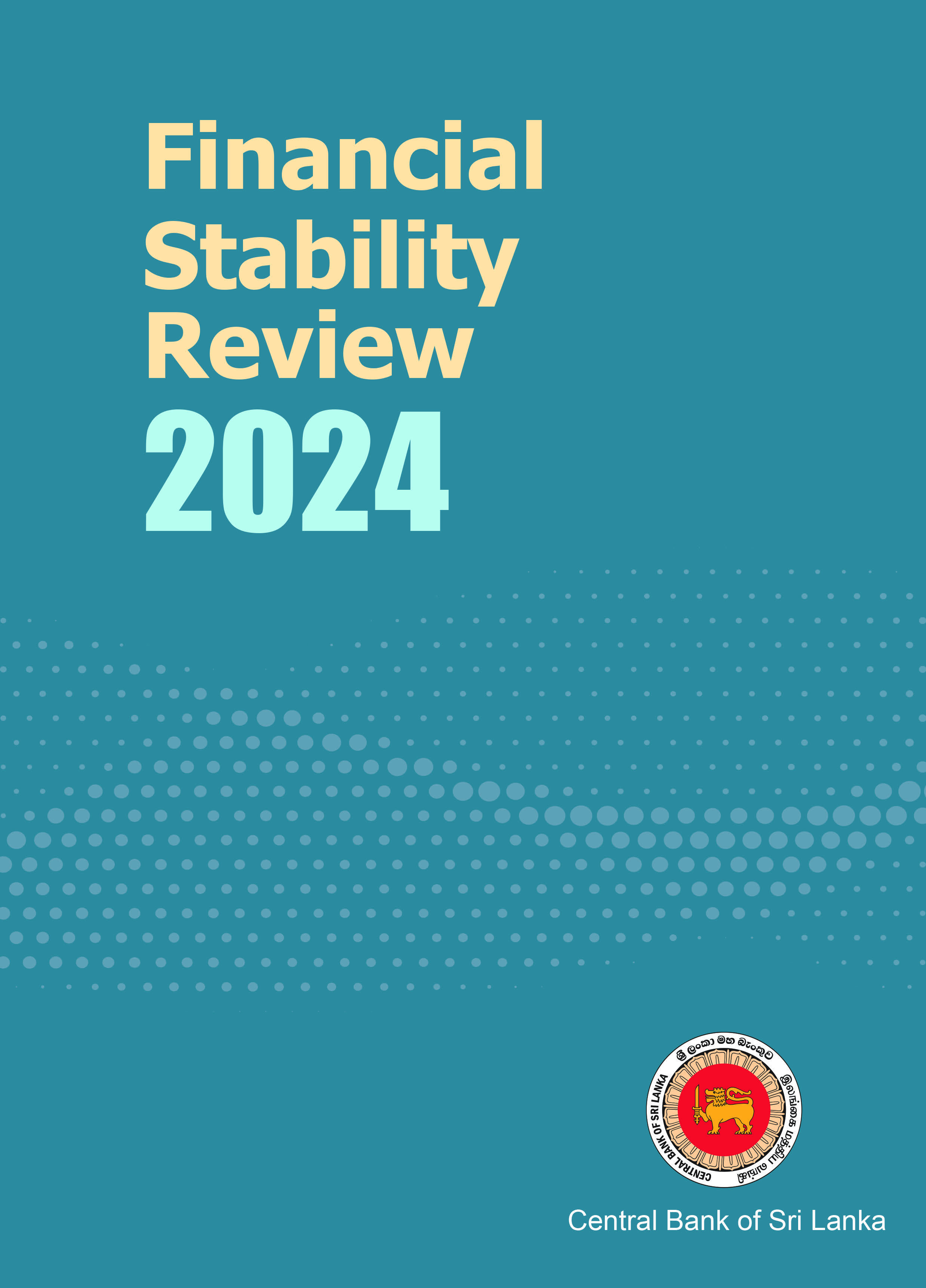The Central Bank of Sri Lanka, on behalf of the Government of Sri Lanka (Sri Lanka), successfully priced a new U.S.$1.5 billion 10-year International Sovereign Bond (Bonds) on May 4th, 2017. The Bonds have been rated ‘B1’, ‘B+’ and ‘B+' by Moody's Investors Service, Standard and Poor’s and Fitch Ratings respectively.
This marks Sri Lanka’s eleventh U.S. dollar benchmark offering in the international bond markets since 2007 and is a clear testament of the international investor community’s continued support for Sri Lanka through the years. Citigroup, CITIC CLSA Securities, Deutsche Bank, HSBC, ICBC International, J.P. Morgan and Standard Chartered Bank acted as the Joint Lead Managers and Bookrunners on this successful transaction.
The transaction was undertaken on the back of a strong market window post the Federal Open Market Committee minutes release and ahead of the Nonfarm payroll and the French elections. The transaction also coincided with the International Monetary Fund staff-level agreement that was released a day before on May 3rd, 2017.

















